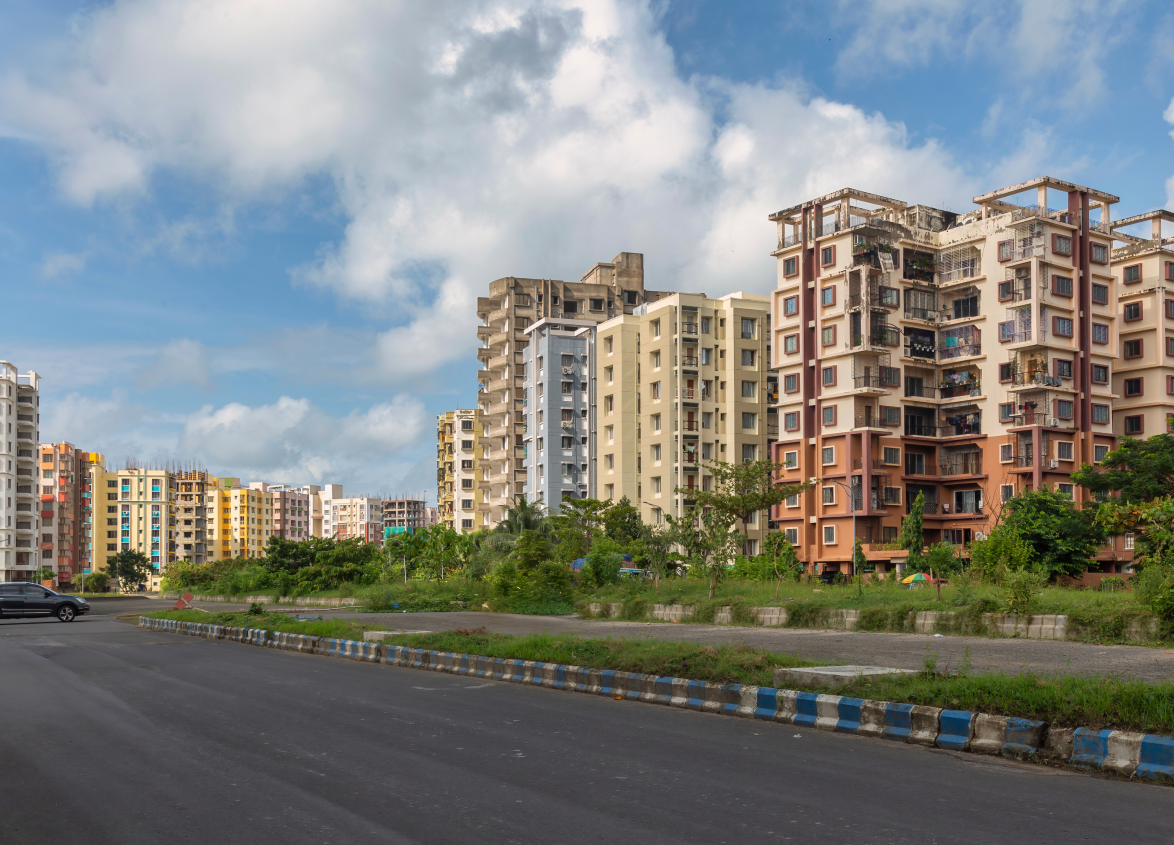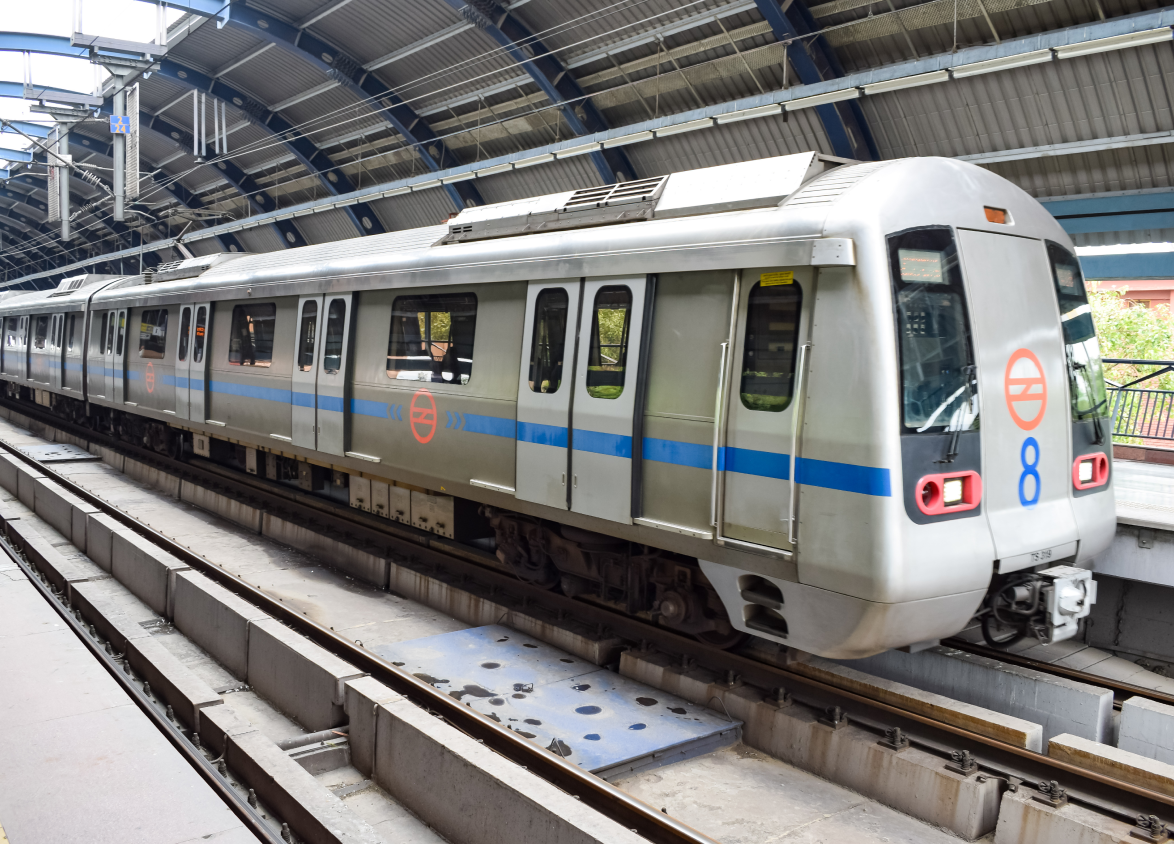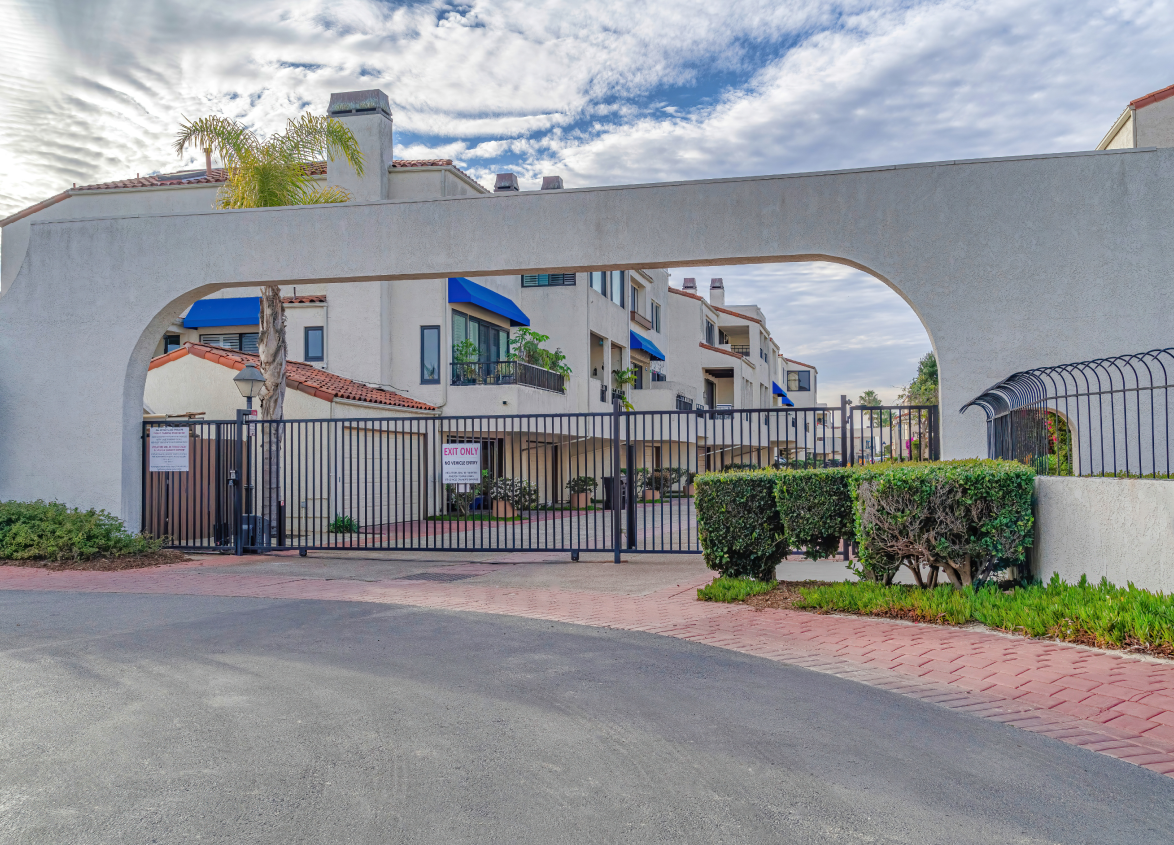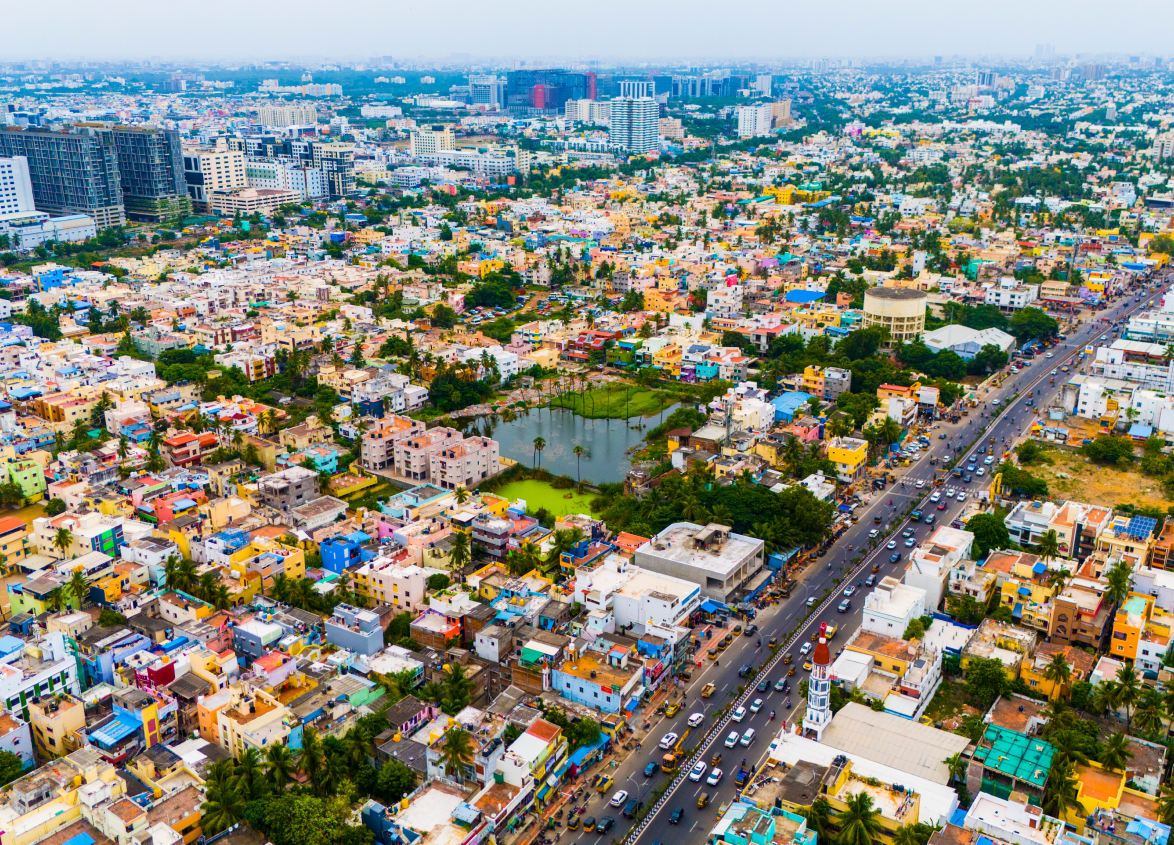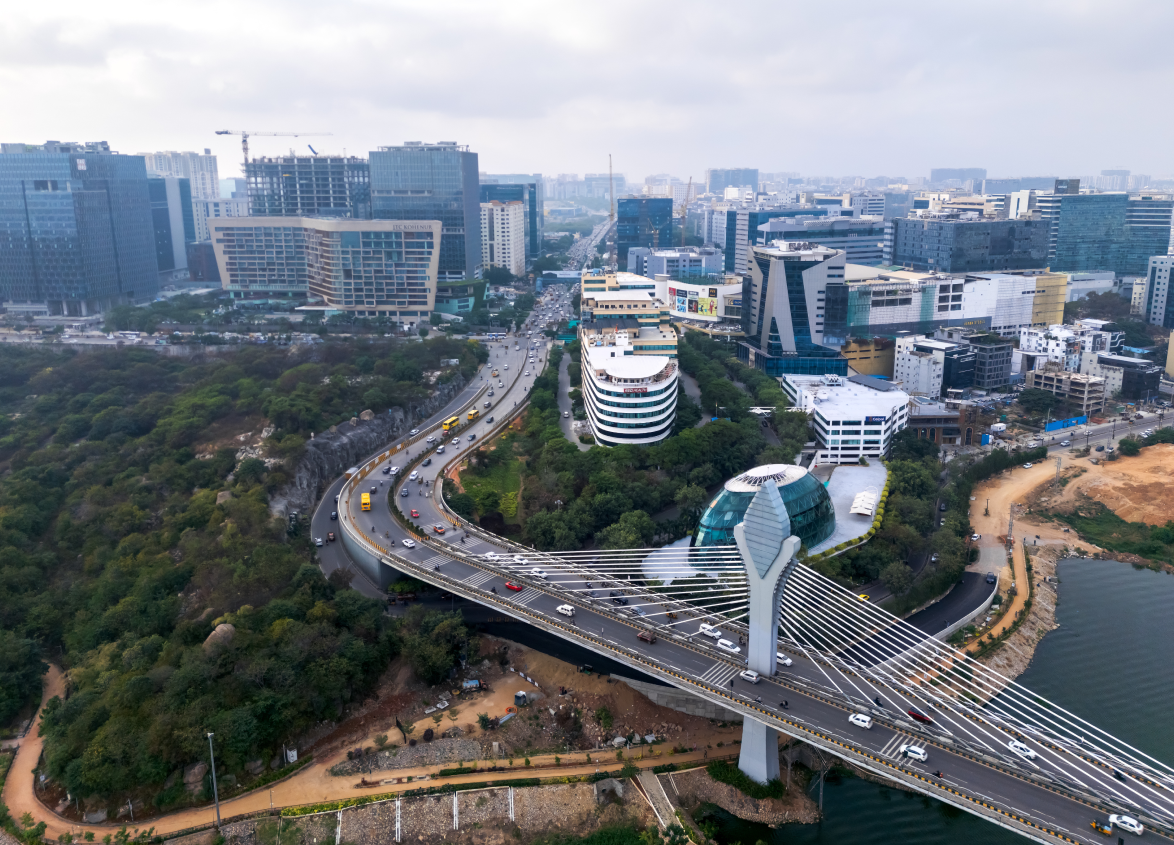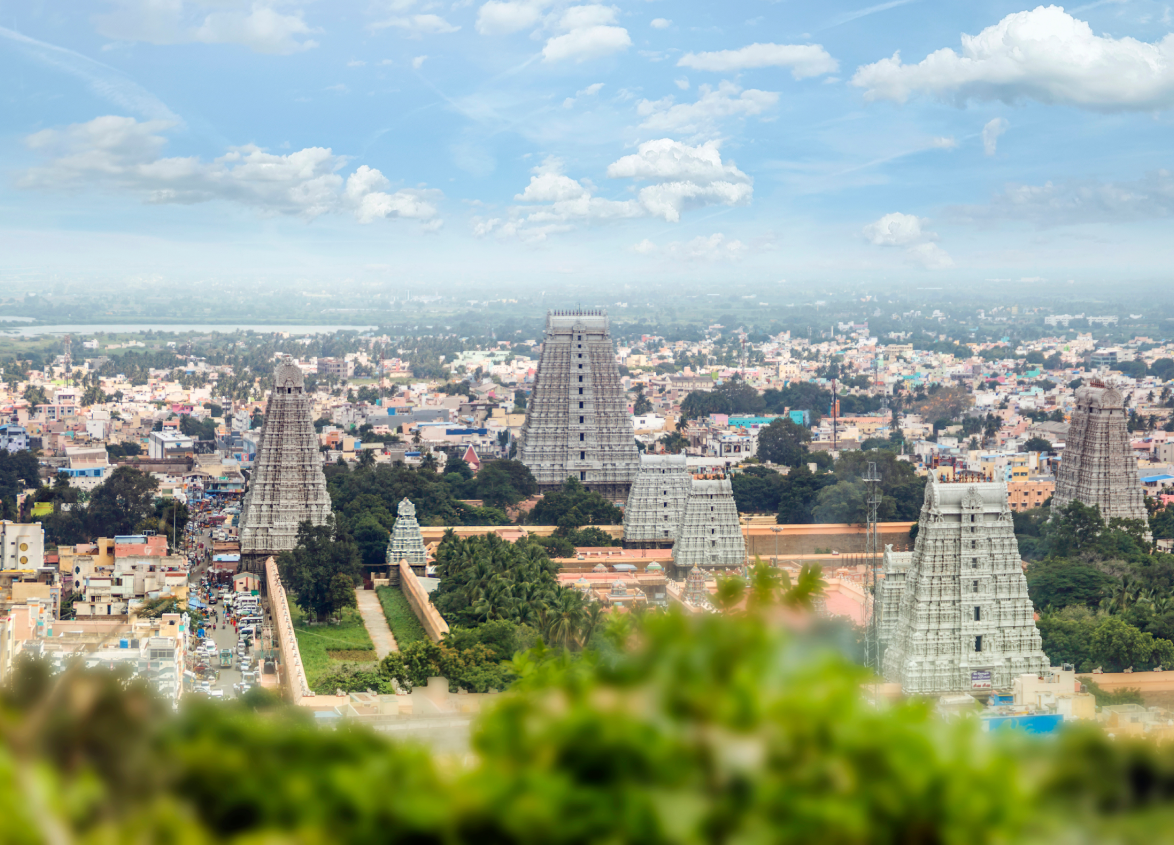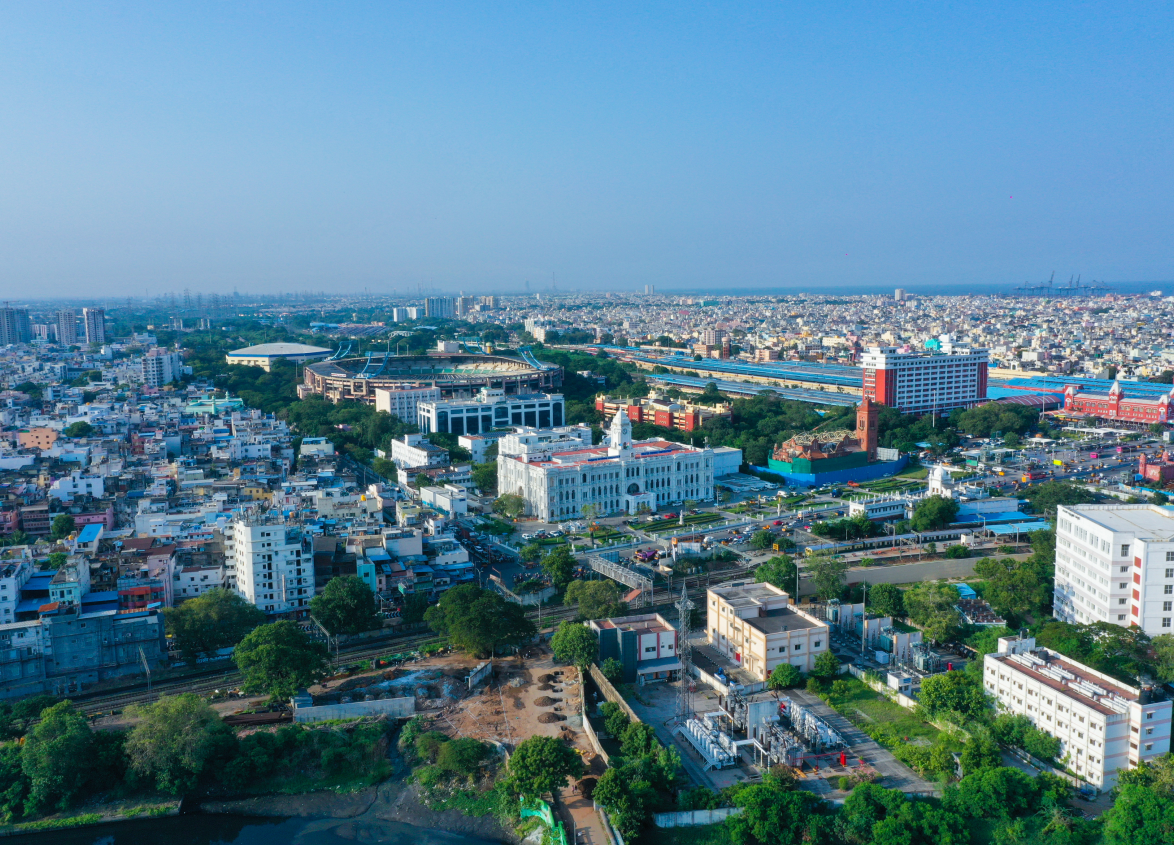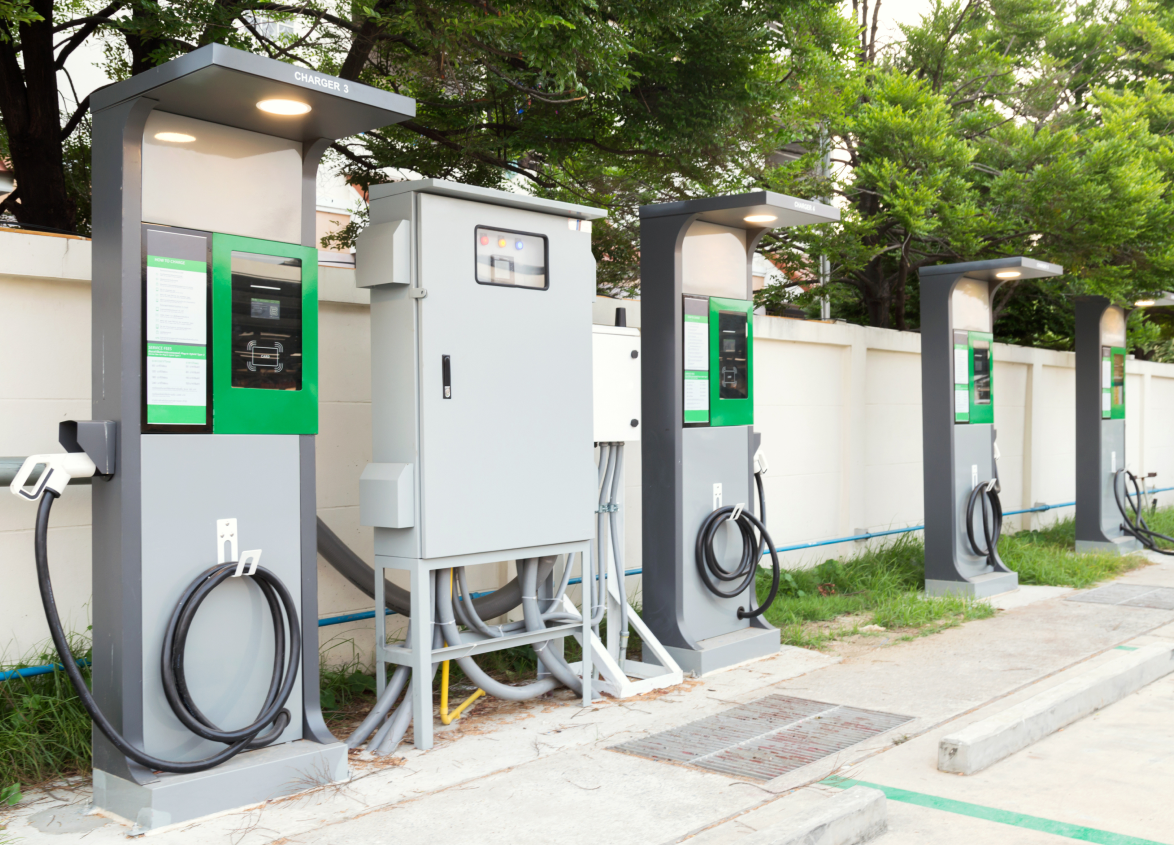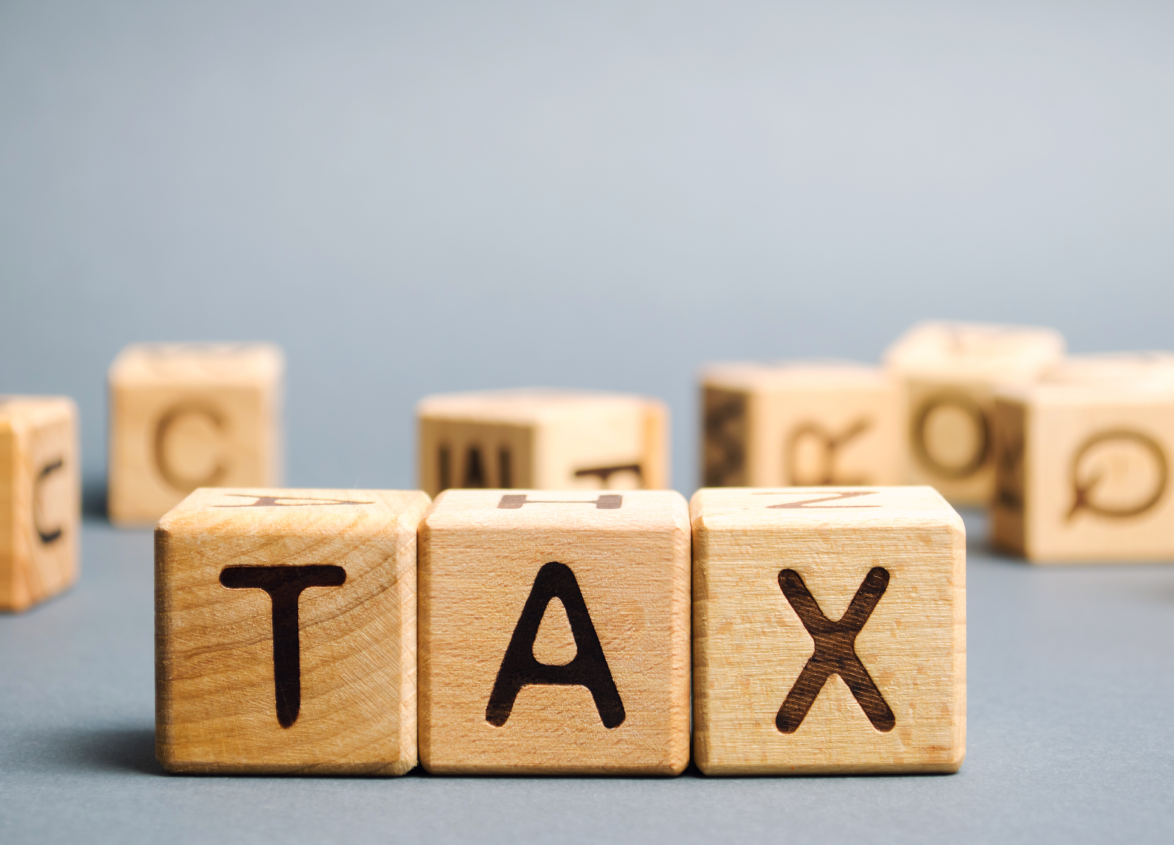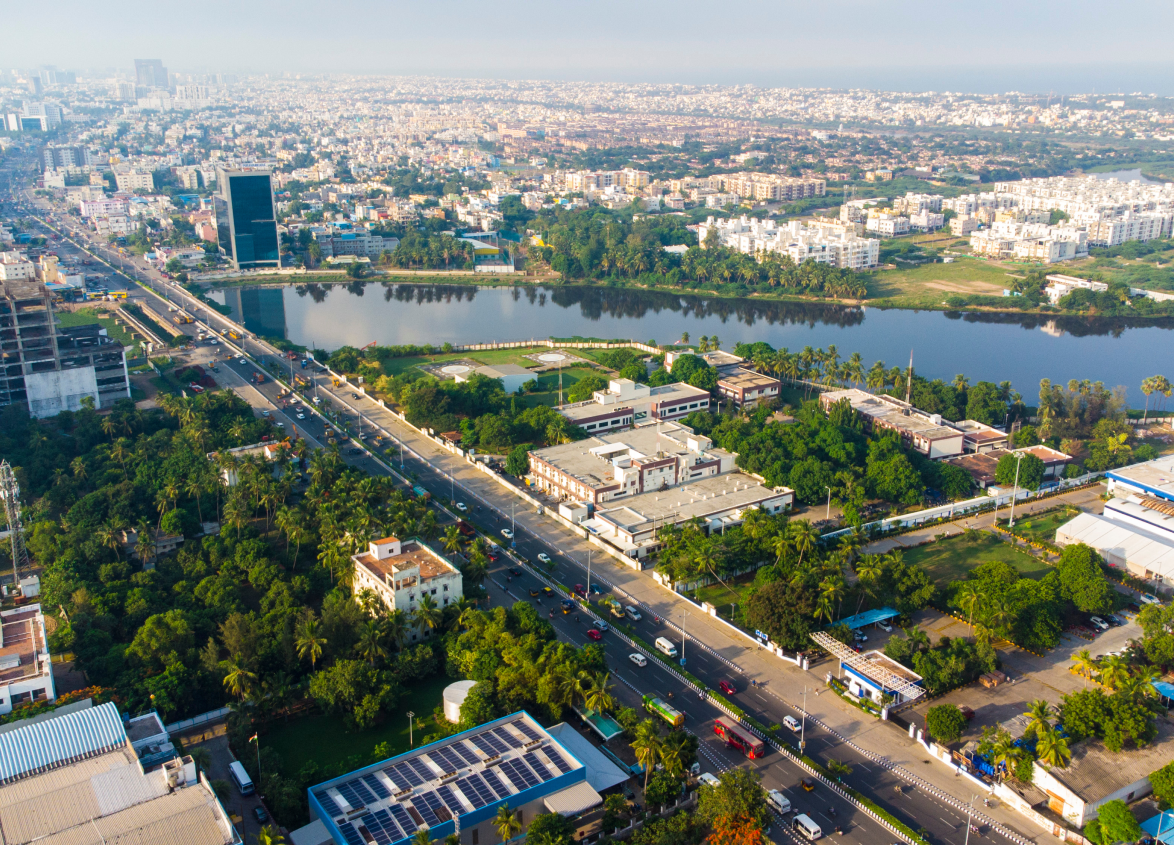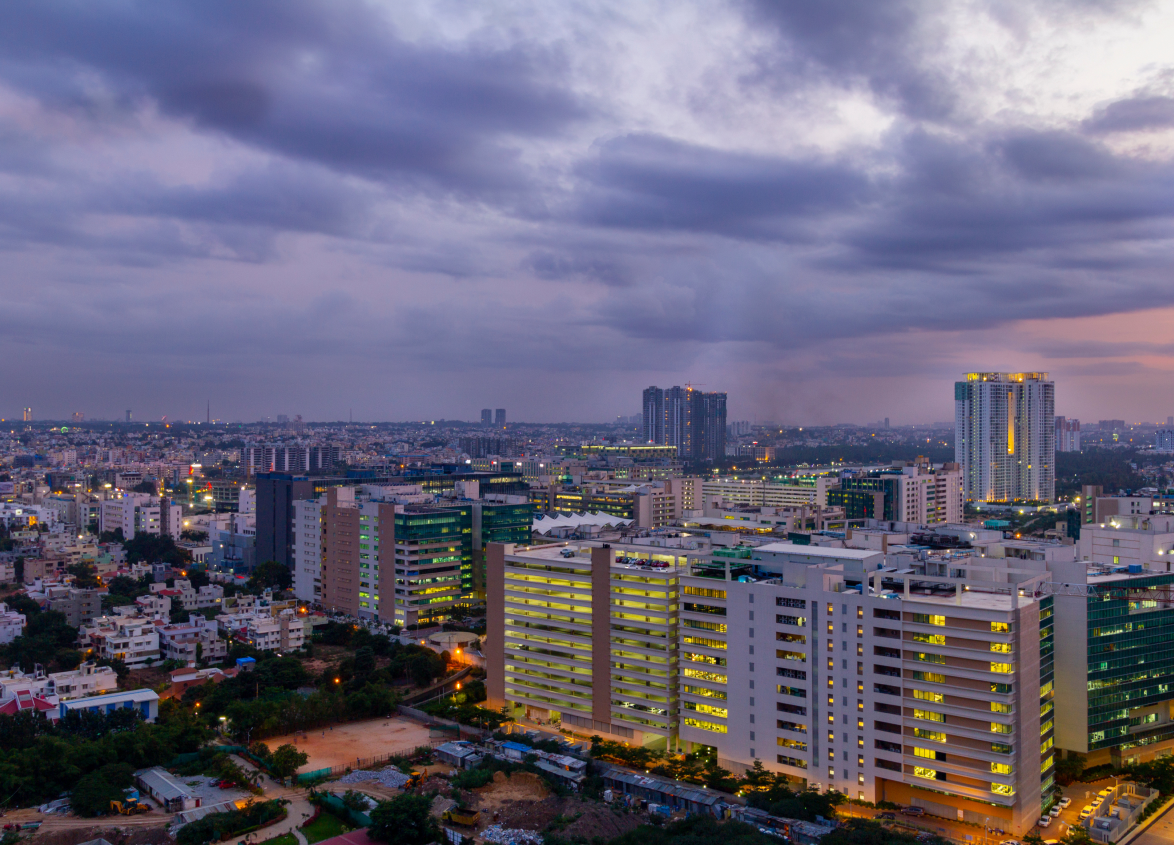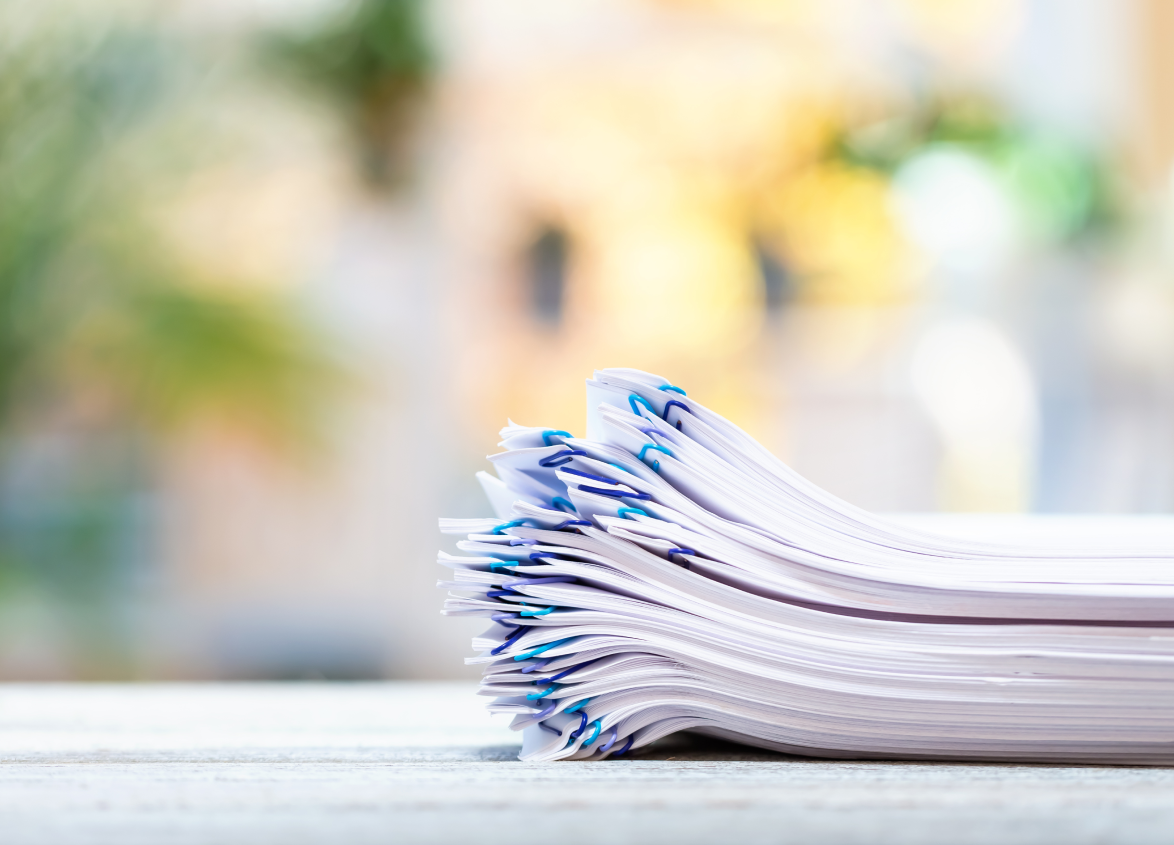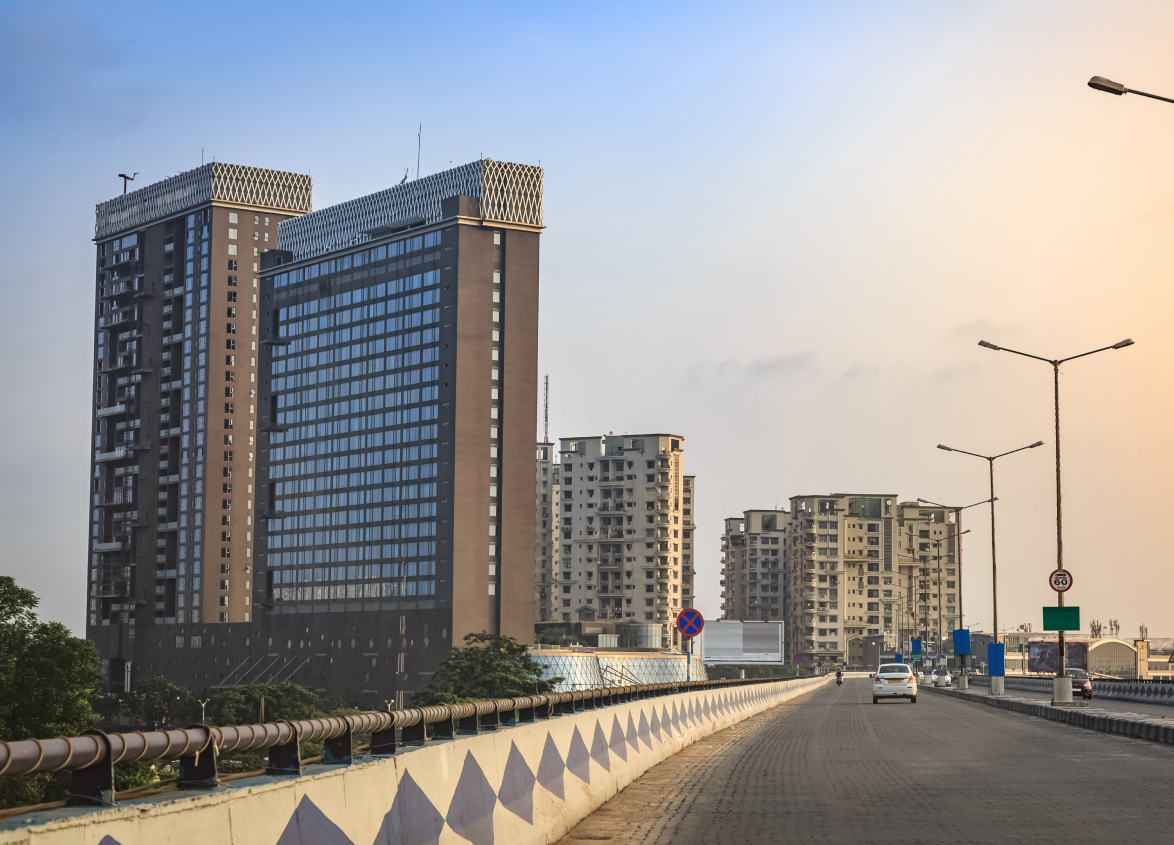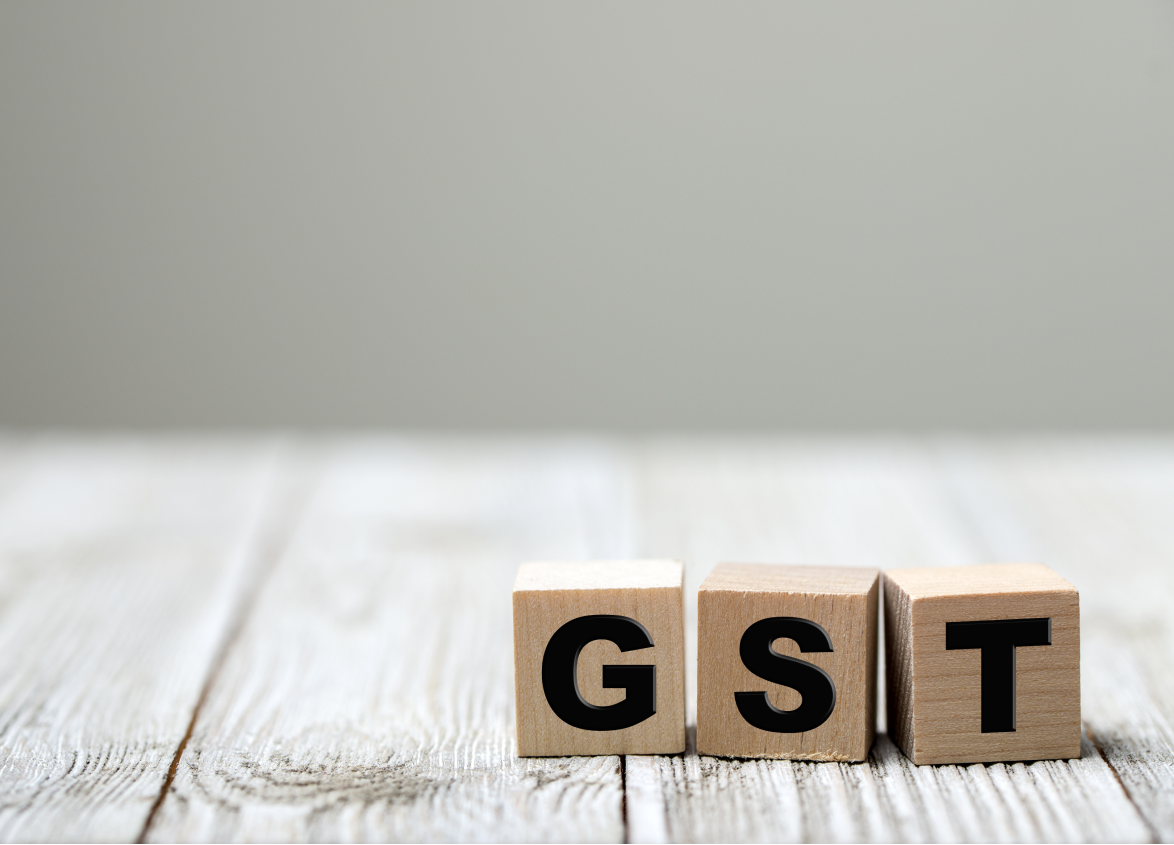
Residential
A Complete Guide to the Patta Document in Chennai
August 11, 2025
When owning land or property in Chennai, the Patta document is one of the most crucial legal documents every landowner must obtain. This document serves as an official record of ownership and plays a vital role in safeguarding your rights over the property. Establishing legal ownership can become challenging without a valid Patta, especially during property transactions, legal disputes or when applying for utility services and bank loans.
Whether purchasing a residential plot, inheriting ancestral land or subdividing an existing property, having a Patta is essential for ensuring your name is properly recorded in government revenue records. It is imperative in metropolitan cities like Chennai, where land value is high and clear documentation is key to avoiding future complications.
In this complete guide, we will explain everything you need to know about how to get Patta in Chennai, including its definition, application process (both online and offline), required documents, transfer procedures and overall importance in the real estate ecosystem of Tamil Nadu.
What is a Patta Document?
A Patta is a government-issued legal document proving ownership of a specific piece of land in Tamil Nadu, including metropolitan areas like Chennai. It is an official record maintained by the Revenue Department and is vital for any landholder. The Patta certifies legal ownership and contains several key pieces of information that help uniquely identify the land and its rightful owner.
The typical details included in a Patta are:
- Name of the landowner.
- Survey number and subdivision number of the land.
- Extent and dimensions of the land.
- Classification of the land (e.g., wetland or dryland).
- Tax details, including land revenue assessments.
- Village and taluk details.
- In some cases, a Chitta extract is also included, showing how the land is used.
Patta documents are essential for various types of land, such as residential plots, agricultural land and commercial properties. However, it's important to note that Patta is generally not issued for individual flats or apartments in Chennai unless they involve an undivided land share.
In a fast-developing city like Chennai, where real estate transactions are frequent due to urban expansion and a thriving IT sector, having a valid Patta ensures legal clarity and protects your property from ownership disputes. Whether buying, inheriting or subdividing land, securing a Patta is crucial to safeguarding your investment and proving your legal rights over the property.
How to Get a Patta in Chennai: A Step-by-Step Guide
Whether purchasing a new plot or subdividing an existing one, obtaining a Patta involves a procedural workflow. Here's a complete step-by-step guide to help you navigate the process:
Step 1: Gather Necessary Documents
Before you apply, ensure you have the required documents, such as the sale deed, EC (Encumbrance Certificate), tax receipts and proof of possession.
Step 2: Visit the Taluk Office (Offline Method)
If you are applying offline, visit your local Taluk office in the jurisdiction where your land falls. Submit the completed application for Patta along with the required documents.
Step 3: Apply through the TN e-Services Portal (Online Method)
You can apply online through the Tamil Nadu e-Services website (https://eservices.tn.gov.in).
Step 4: Revenue Inspector Verification
Once you apply, the Revenue Inspector or Village Administrative Officer (VAO) will conduct a field inspection to verify the claims.
Step 5: Approval and Issuance of Patta
Once the verification is successful and all documents are in order, the Patta will be issued and recorded in the Taluk Land Register.
Online and Offline Patta Application Process in Chennai
Let’s take a closer look at both application methods:
1. Online Patta Application in Chennai
The Tamil Nadu government has digitised many land records under the Patta Chitta initiative. You can now apply for a Chennai Patta online via the e-Services portal.
Steps:
- Visit https://eservices.tn.gov.in/eservicesnew/index.html
- Select “View Patta & FMB / Chitta / TSLR Extract”.
- Enter details such as district, taluk, village, survey number and subdivision.
- Submit the details to receive a digital version of your Patta.
- Download the form and submit it with scanned copies of the required documents for a new application for Patta.
Note: As of now, full online Patta issuance may not be available for first-time applications. Verification is still conducted manually.
2. Offline Patta Application
If you prefer the traditional route, here’s how to proceed:
- Visit the respective Taluk Office
- Obtain the Patta application form or write a formal request.
- Attach supporting documents.
- Submit at the designated counter and collect the acknowledgement.
Role of the Revenue Administration Department
The Revenue Administration Department is pivotal in issuing, maintaining and regulating Patta documents in Chennai and Tamil Nadu. This department is the authoritative body responsible for ensuring that land records are updated, accurate and accessible to citizens.
Their core responsibilities include:
- Maintaining and updating land records to reflect current ownership and land usage.
- Conducting field inspections to verify claims of ownership, boundaries and land classification.
- Processing and approving ownership transfers, including those from property sales, inheritances or gifts.
- Handling land subdivisions, where a single property is divided among multiple owners by ensuring each plot has a corresponding Patta.
- Resolving land ownership, classification or usage disputes through legal and administrative channels.
The key officials involved in Patta processing include:
- The Tahsildar, who has the final authority to approve or reject Patta applications.
- The Village Administrative Officer (VAO) collects and verifies ground-level data.
- The Revenue Inspector (RI) oversees land-related records and assists in the verification process.
Their coordinated effort ensures that the Patta system remains transparent, reliable and legally enforceable, safeguarding the interests of landowners across the city.
Patta for New Properties or Property Subdivision
If you’re a new landowner in Chennai or planning to divide an existing property, you must apply for a new or subdivided Patta to ensure your ownership is legally recorded. The process varies slightly depending on whether the land was newly purchased or being subdivided, but both require clear documentation and coordination with the local revenue authorities.
For New Property Owners:
- Begin by obtaining the registered sale deed from the Sub-Registrar’s office, which legally proves the transfer of ownership.
- Submit an application for Patta at the local Tahsildar office or through the Tamil Nadu e-Services portal.
- Include all necessary documents such as the sale deed, identity proof and encumbrance certificate.
- The Village Administrative Officer (VAO) and Revenue Inspector (RI) will review the application through a site inspection.
- Upon successful verification, the Tahsildar will approve and issue the Patta in your name.
If you're investing in a plotted development by reputed developers like Brigade, obtaining a Patta ensures your legal rights are documented from the outset.
For Property Subdivision:
- Apply for Patta transfer and subdivision at the Tahsildar's office.
- Provide proof of ownership and a layout map or sketch showing the proposed land division.
- The Revenue Department officials will conduct a site inspection to verify the subdivision details.
- Once verified, the Tahsildar issues individual Pattas for each newly created land parcel, clearly and legally recording ownership.
By following these steps, new owners and inheritors can ensure their land records are correctly updated, which helps avoid disputes and facilitates smooth future transactions.
Timeframe and Fees Involved
Processing Time:
The average time taken to issue or transfer a Patta document in Chennai typically ranges from 15 to 30 working days, depending on the workload at the respective Tahsildar office and the complexity of the application.
However, this timeline may extend if there are discrepancies in the submitted documents, unresolved field-level issues or ownership disputes. In cases where site verification is delayed or subdivisions are involved, the process can take even longer.
Fees:
- Patta Application Fee: This varies slightly across different Taluks but generally falls between ₹100 and ₹200.
- Online Application Charges: If applying through the Tamil Nadu e-Sevai portal, there is a nominal service fee for accessing and processing digital records.
- Additional Costs: Applicants may incur extra expenses for photocopying, notarising documents or seeking assistance from legal or real estate consultants, especially when handling complex cases or disputes.
Documents Required for Patta in Chennai
Here's a checklist of documents required for a Patta application:
- Sale Deed (with registration details)
- Encumbrance Certificate (EC)
- Property tax receipts
- Electricity bill or water connection bill (as address proof)
- Aadhaar Card/PAN Card (owner identity proof)
- Layout copy or subdivision approval (if applicable)
- Previous Patta copy (in case of transfer)
Ensure that documents are clear, legible and attested wherever necessary.
How to Transfer or Update a Patta Document
The Patta must be updated or transferred to reflect your name if you've recently purchased or inherited property.
Transfer Scenarios:
- After the purchase of the property
- After inheritance
- After the partition among heirs
- Gift deed transfer
Steps:
- Apply for Patta transfer at the Taluk office.
- Attach supporting documents: Sale deed/gift deed/legal heir certificate.
- Revenue Inspector will verify and approve.
- The updated Patta will be issued with new ownership details.
Updating Errors:
You can also request corrections in case of:
- Name spelling mistakes
- Area miscalculation
- Survey number errors
Always double-check your issued Patta for accuracy.
Common Mistakes to Avoid
- Not applying for a Patta after a property purchase: Without updating revenue records, legal ownership remains unclear.
- Relying solely on a sale deed: A deed does not replace a Patta for proof of land ownership.
- Ignoring subdivision norms: Your Patta request may be rejected without proper planning approval.
- Submitting incomplete documents: Missing documents can delay or nullify your application.
- Using brokers without verification: Ensure agents or consultants are licensed or verified.
Pro Tip: Keep digital and physical copies of your Patta securely and periodically check for government updates.
Why is a Patta Certificate Important?
A Patta isn’t just another land-related document—it plays a critical role in various legal, financial and personal transactions:
- Legal Ownership: The primary proof of ownership recognised by the government for land parcels in Tamil Nadu.
- Dispute Resolution: A Patta is valid evidence in your favour in legal disputes over land.
- Property Tax and Mutation: The Patta includes land classification and tax obligations, ensuring accurate tax payments.
- Access to Utilities and Loans: Banks and government departments often request a Patta when sanctioning home loans or applying for water and electricity connections.
- Real Estate Transactions: When selling your property, having a valid Patta builds buyer trust and transparency and helps avoid legal hassles.
- Eligibility for Government Schemes: Specific state welfare schemes and subsidies apply only to landowners with valid Patta documentation.
In Chennai’s expanding urban ecosystem, having a Patta is vital for compliance and long-term asset security.
Conclusion
Owning land in Chennai is a dream for many, but it also comes with responsibilities. One of the most crucial responsibilities is ensuring your land ownership is documented properly via a Patta certificate. By following the proper online or offline procedures and ensuring you have all the required documents, you can secure your property legally and confidently.
Remember, the Patta is more than just a piece of paper—it’s a gateway to stress-free ownership, smooth transactions and long-term value. Don't ignore this essential document in your real estate journey.
FAQs
What is a Patta certificate in Chennai?
A Patta certificate is a legal document issued by the Revenue Department, establishing the lawful ownership of a piece of land in Chennai.
How do you get a Patta in Chennai for a new property?
You can get a Patta by applying online or visiting the Taluk office and getting documents like the sale deed, EC and tax receipts. After field verification, the Patta will be issued in your name.
Can I apply for a Patta online in Chennai?
Yes, you can apply through the Tamil Nadu e-Services portal. However, initial applications may still require manual verification.
What documents are required for a Patta application?
The primary documents include the sale deed, encumbrance certificate, property tax receipts, identity proof and layout approval (if subdividing).
MUST READ
Looking for something specific?
We'd be delighted to help you.








